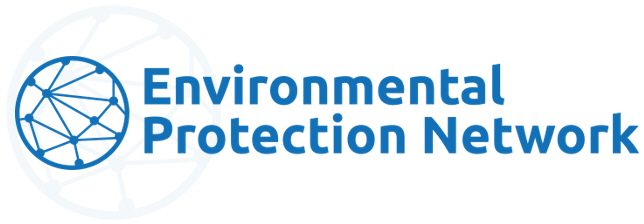FOR IMMEDIATE RELEASE
September 12, 2024
CONTACT:
Steven Fantes, Public Affairs Manager
617-817-1297 and steven.fantes@environmentalprotectionnetwork.org
Significant EPA Public Health Protections Threatened by Project 2025
(Washington, D.C.) – The Environmental Protection Network (EPN), an organization of more than 650 EPA alumni scientists, policy experts, and former senior officials, today unveiled a report that found recently completed EPA air pollution standards are set to achieve staggering benefits for public health and the economy. The findings come as EPA is being targeted by The Heritage Foundation’s Project 2025, a radical playbook full of rollbacks and roadblocks that will obstruct the EPA’s ability to protect people’s health and the environment.
The report’s analysis, Breathing Easy: An Assessment of Public Health Benefits from EPA Air Pollution Standards (2021–2024), shows that air pollution standards finalized from 2021 to 2024 will save over 200,000 lives and prevent more than 100 million asthma attacks by 2050. These improvements are especially critical for children and the elderly, who are often most affected by poor air quality. In addition to these public health benefits, the report outlines how these regulations will deliver $250 billion in net benefits annually, with the climate and health benefits outweighing compliance costs by a ratio of six-to-one.
“Our analysis shows that EPA’s accomplishments over the past four years have been nothing short of life-saving,” said Rob Wolcott, a co-author of the report and the founding Board Chair of Environmental Protection Network. “The numbers don’t lie. EPA’s work is good for public health and the economy, with $250 billion in net benefits annually.” Wolcott is a former senior EPA official whose role included regulatory analysis at the agency.
“Any effort to roll back this work would put millions of Americans needlessly at risk of asthma attacks, lung disease, and heart disease,” added Jeremy Symons, a co-author of the report and Senior Advisor to the Environmental Protection Network. “Project 2025 would put polluters in control of our air and water instead of EPA scientists, and that’s bad news for anyone who breathes.”
Key Findings:
- 200,000+ lives saved through cleaner air, reducing the risk of heart and lung disease.
- 100 million asthma attacks avoided, ensuring fewer missed school days, fewer trips to the emergency room, and improved quality of life for millions of Americans.
- $250 billion in annual net benefits, derived from cleaner air and climate improvements, which far exceed the costs of regulatory compliance.
While these estimates are based on EPA data, the report notes that the true benefits are likely even greater. The EPN analysis only covers air pollution regulations and does not account for the additional public health gains from EPA’s water, chemical, and toxic waste initiatives during the same period. For example, regulations on hazardous air pollutants like benzene, formaldehyde, and arsenic—linked to cancer and other serious health conditions—are difficult to quantify but play a vital role in reducing public health risks.
The EPN report underscores the long-term positive impacts of these regulations, particularly for children and seniors, low-income communities and communities of color that have historically borne the brunt of air pollution. However, this progress is under imminent threat from initiatives like Project 2025, which seek to dismantle key EPA protections. By weakening regulatory frameworks, Project 2025 could significantly undermine the advances in air quality and public health achieved in recent years, reversing crucial gains that have safeguarded millions of Americans from preventable illnesses and environmental hazards.
Explore the full report to discover not only the direct health benefits of these regulations but also how they contribute to broader efforts in mitigating climate change and advancing environmental justice across the United States.
For more information on the report and to access the full findings, please visit: https://www.environmentalprotectionnetwork.org/BreathingEasyReport

